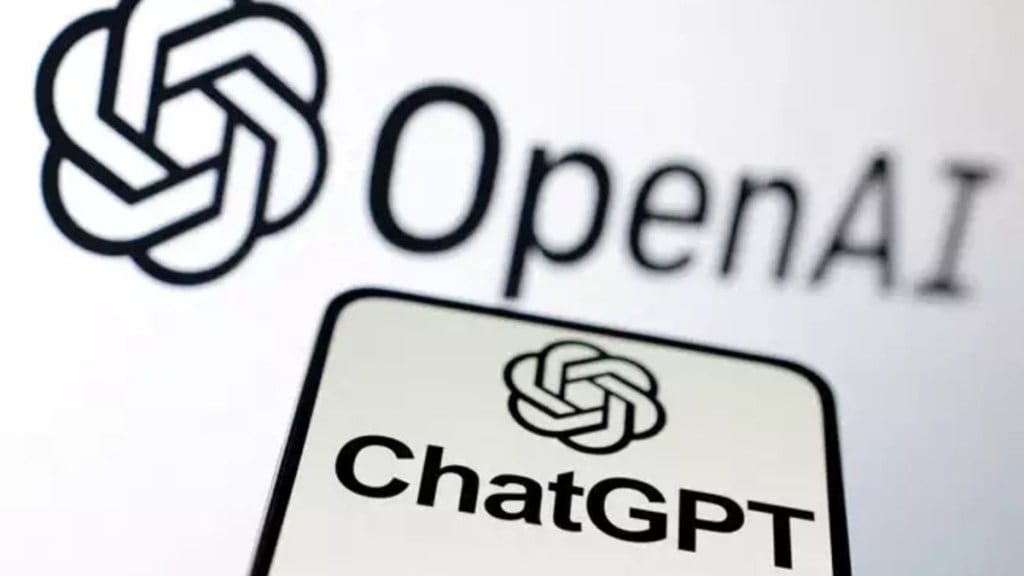ChatGPT is everyone’s favourite these days. It can be the homework buddy for students, a detailed encyclopedia for researchers, and an ever-present friend for sharing emotional needs. But can it be toxic? Based on a woman’s post, the possibility seems highly likely.
Simrann M Bhambani, who is a marketing professional at e-commerce giant Flipkart, recently disclosed her decision to delete the popular AI chatbot from her devices. In a candid LinkedIn post titled “ChatGPT is TOXIC! (for me),” Bhambani detailed a journey that scaled from innocent curiosity to a highly emotional reliance on artificial intelligence. She compared ChatGPT’s role to an ever-present digital therapist.
ChatGPT became the best therapist
Bhambani’s post highlighted a situation that many are slowly beginning to live with: blurring lines between human and AI interaction.
She openly shared that she found herself confiding “every inconvenience, every spiral, every passing emotion” to ChatGPT after the initial trial. The AI bot’s constant availability and non-judgmental responses offered her a sense of comfort, even though she acknowledged having a robust support system of good friends.
This perceived emotional safety net gradually transformed into total dependency. “I began spending hours on it. Answering every ‘what if’. Feeding every random thought. And giving my energy to something that wasn’t even real,” she wrote on her LinkedIn post.
“The overthinking got worse, not better. It stopped being clarity and became noise,” she added, realising the issue.
Woman deletes ChatGPT, citing toxic dependency
Recognising the detrimental effect on her psychological space, Bhambani took a bold step – she deleted the ChatGPT app from her phone. “Technology isn’t the problem. It’s how quietly it replaces real reflection that makes it dangerous,” she cited on her LinkedIn post.
While Bhambani realised her addiction to ChatGPT for all her emotional needs and took immediate steps to address it, a lot of people often fail to realise the addiction and end up developing a strong bond with AI chatbots. The creators of these AI chatbots often warn against dependency on the information made available via responses. AI bots tend to hallucinate, thus making it dangerous for people to solely rely on them for emotional needs.








